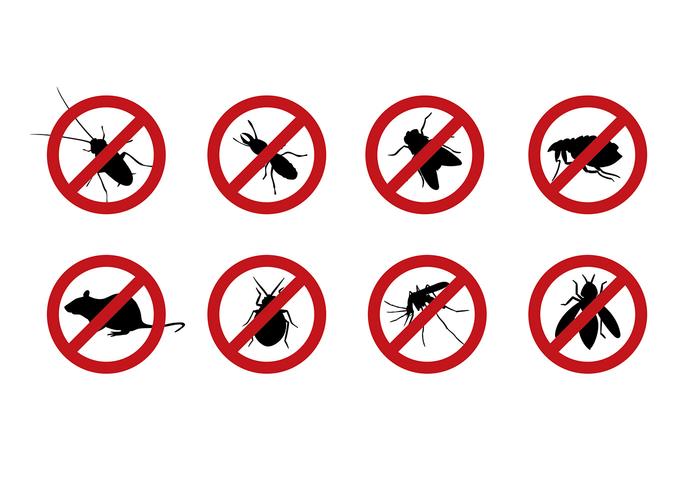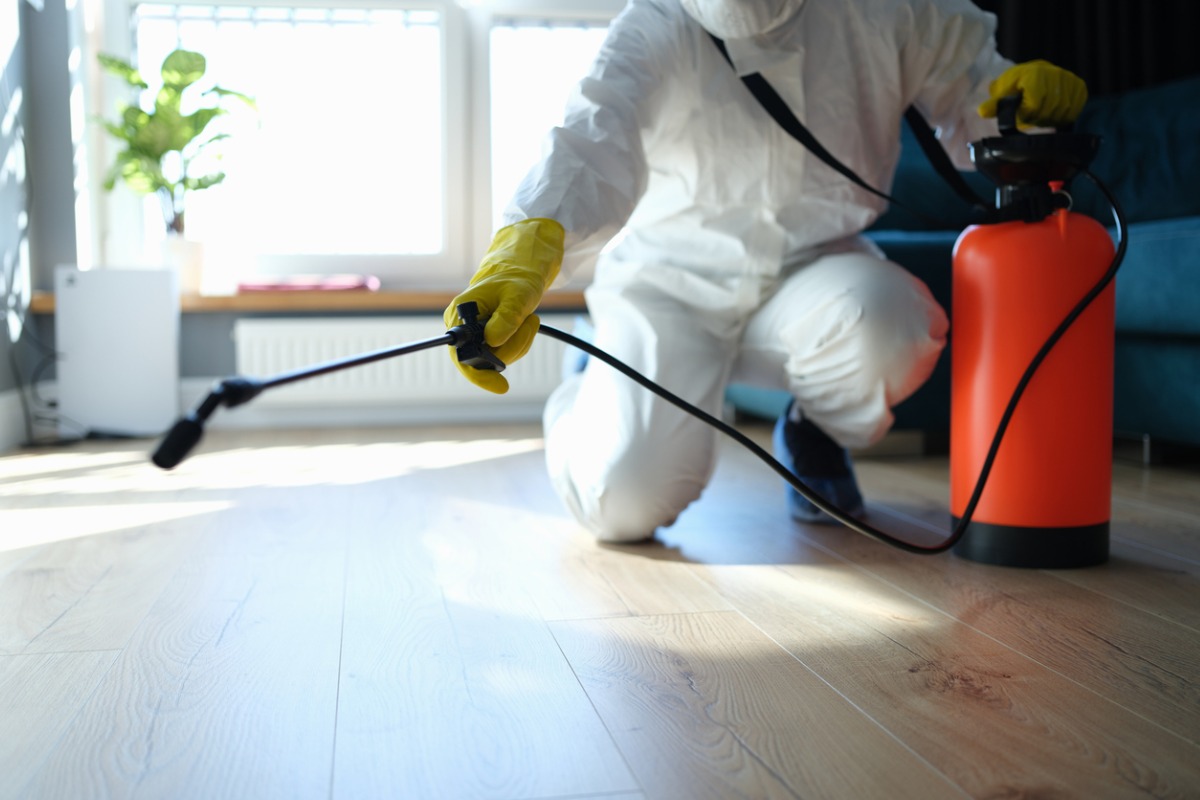Find the Best Exterminator Coquitlam for Fast and Reliable Pest Control
Find the Best Exterminator Coquitlam for Fast and Reliable Pest Control
Blog Article
Safe and Reputable Pest Control for Lasting Security
Efficient pest administration needs a diverse approach that balances environmental integrity with the need for effective parasite reductions. The subtleties of these techniques may not be instantly clear, prompting a closer evaluation of the methods that can lead to sustainable parasite control end results.
Comprehending Insect Control Methods
Insect control encompasses a selection of techniques aimed at handling and removing unwanted bugs and rats that can intimidate both health and residential or commercial property. Comprehending these methods is important for effective pest monitoring.
The key categories of parasite control approaches consist of mechanical, organic, and chemical methods. Mechanical techniques entail physical barriers and traps to stop pest entry and capture unwanted varieties. For circumstances, making use of displays on windows or using sticky traps can dramatically reduce pest populations without introducing hazardous compounds.

Chemical pest control is frequently the most identified approach, using chemicals to eliminate pests. These chemicals can be reliable yet have to be made use of with care to stay clear of damaging results on non-target species and the setting.
Benefits of Eco-Friendly Solutions
Exactly how can environmentally friendly solutions transform bug control techniques? The fostering of environment-friendly insect control methods supplies numerous benefits, dramatically improving the efficiency and security of parasite management.

An additional benefit is the positive effect on local biodiversity. Environment-friendly solutions are developed to target certain parasites while maintaining advantageous pests and wildlife, promoting a balanced environment. This strategy straightens with the expanding customer need for sustainable techniques, boosting the online reputation of pest control providers.
Integrated Insect Administration Methods
The execution of eco-friendly solutions naturally causes the adoption of Integrated Parasite Management (IPM) techniques, which even more improve insect control efficiency. IPM is a holistic approach that combines numerous methods to take care of parasite populaces while decreasing ecological effect. This technique highlights making use of biological, social, mechanical, and chemical controls, ensuring a well balanced and lasting approach of parasite administration.
One essential aspect of IPM is the comprehensive assessment of parasite task and environmental problems. By keeping track of insect populations and recognizing their life process, specialists can implement targeted treatments that interrupt the insect's habitat or lifecycle, lowering dependence on chemical pesticides. Furthermore, cultural practices such as plant turning and environment manipulation can dramatically lessen pest establishment and reproduction.
An additional essential part is the use of organic control agents, such as useful insects or microorganisms, which can naturally subdue insect populaces. When chemical applications are required, IPM focuses on the use of low-risk chemicals and uses them uniquely, reducing direct exposure to non-target microorganisms and people.
Incorporating IPM strategies not just boosts bug control effectiveness however additionally promotes a more secure community, straightening with the expanding need for lasting practices in insect administration.
Safe Practices for Home Owners
Understanding the significance of secure practices in parasite control can empower property owners to properly manage bug concerns while safeguarding their health and wellness and the setting. Executing preventative measures and non-toxic methods is important in decreasing exposure to hazardous chemicals.
Homeowners should first evaluate their atmosphere for conditions that attract pests, such as standing food, clutter, and water waste. Routinely cleaning and securing entrance points can deter parasites from attacking the home. Making use of natural deterrents, such as vital oils or diatomaceous earth, can give reliable options to chemical pesticides.
When chemical treatments are necessary, home owners visit homepage must select products that are especially identified as safe for residential usage. It is important to comply with application standards thoroughly to prevent too much exposure. Moreover, making use of targeted therapies in areas where pests are recognized, rather than covering spraying, can dramatically reduce chemical usage.
Finally, maintaining open interaction with insect control specialists is important. Home owners ought to ask about the safety and security of products made use of and request green options whenever feasible. By taking on these safe practices, homeowners can produce a much healthier living environment while efficiently taking care of pest problems.

Tips for Long-Term Protection
Developing a pest management strategy that highlights long-lasting security can significantly boost the effectiveness of the safe methods previously reviewed. To achieve this, home owners need to carry out regular evaluations of their property, focusing on hidden areas such as attics, basements, and crawl areas. Early detection of bug task is critical in preventing infestations from taking hold.
Additionally, keeping a clean environment is crucial. This includes proper food storage, promptly cleaning up spills, and consistently dealing with trash. These methods decrease attractants that draw pests into the home. Furthermore, sealing entry factors, such as splits around doors and windows, can successfully block potential bug gain access to.
Landscaping should additionally be thought about; keeping plants cut and preserving a distance between plant life and the home minimizes hiding spots for parasites. Using natural deterrents, such as crucial oils or diatomaceous planet, can further dissuade infestations without turning to harsh chemicals.
Last but not least, working together with a specialist bug control solution for regular evaluations can supply an extra layer of protection. These professionals can supply tailored referrals and advanced treatments, making certain that your home remains secured against insects in the lengthy term.
Conclusion
In verdict, reliable and risk-free parasite control requires a diverse strategy that emphasizes environment-friendly approaches and incorporated insect monitoring. By implementing natural deterrents, carrying out normal inspections, and preserving appropriate cleanliness, homeowner can substantially lower pest populaces while protecting helpful insects and the environment. Partnership with expert bug control solutions boosts the performance directory of these strategies, guaranteeing customized options that give lasting defense and comfort versus future problems.
Reliable bug management calls for a complex approach that balances environmental stability with the requirement for reliable parasite reductions. The adoption of environment-friendly bug control techniques provides various advantages, significantly boosting the performance and safety and security of bug administration.The implementation of environmentally friendly solutions naturally leads to the adoption of Integrated Parasite Monitoring (IPM) methods, which even more enhance parasite control efficiency. exterminator coquitlam. By checking bug populaces and identifying their life cycles, practitioners can apply targeted interventions that disrupt the parasite's habitat see this website or lifecycle, decreasing reliance on chemical pesticides.In conclusion, dependable and risk-free pest control requires a complex strategy that stresses green techniques and integrated parasite administration
Report this page